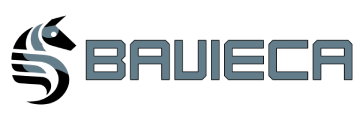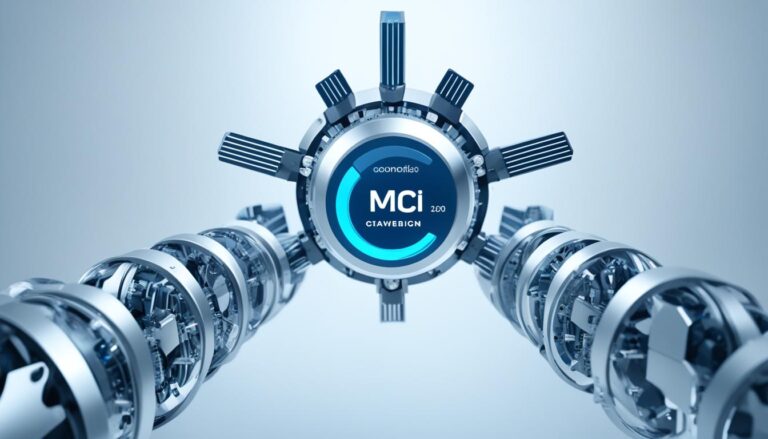Generative AI is a big leap in artificial intelligence. It’s all about creating stuff. Unlike older AI that just saw patterns or guessed what comes next, this AI can make text, images, videos, and music. It’s like it has its own spark of creativity. This skill is great for making lots of content quickly and making choices with less work from us. It helps speed up our work.
By 2025, Gartner thinks a lot more people will use Generative AI tools. They say it’ll be a normal part of the tools we use to get things done. This AI can take over the boring tasks we don’t want to do. This lets us do more of the thinking and creating. As generative AI gets better, it’s clear it can do a lot to make our work easier.
Key Takeaways
- Generative AI focuses on content creation through deep learning algorithms.
- It helps in automating repetitive tasks, enhancing workflow efficiency and productivity.
- By 2025, Generative AI tools are expected to become standard in productivity software.
- This technology reduces manual effort, enabling employees to focus on strategic tasks.
- Generative AI promises substantial labor-saving benefits for businesses.
The Rise of Generative AI in Business Automation
Generative AI is changing how businesses operate, making things faster and smarter. A report by McKinsey shows that up to 70% of tasks could be automated with Generative AI. This could lead to a 3.3% annual increase in productivity. The use of Generative AI is growing fast, proving it’s a game-changer for many sectors. It highlights the big role technology impact has in today’s businesses.
Impact on Various Industries
Many industries are seeing big improvements thanks to Generative AI. For instance, in manufacturing, Siemens NX is making production more efficient with Generative designs. The financial sector benefits from platforms like Kabbage that Automated lending and assessed credit risks accurately.
Generative AI allows for the autonomous generation of various forms of content, including text, audio, video, and more, without human intervention.
In marketing, tools from HubSpot are making lead generation, email marketing, and customer relationships better. For customer service, Zendesk uses AI to manage knowledge bases and sort tickets, boosting support quality. Workday improves HR tasks like payroll, onboarding, and managing people with AI algorithms.
Current Adoption Rates
The use of AI tools is on the rise, according to a report found here. An IBM survey found that 35% of business leaders see Generative AI as very important. This shows more companies are welcoming AI in their daily operations. The last two years have seen a big growth in AI solutions for business tasks.
| Industry | Prominent Use Cases | Generative AI Tools |
|---|---|---|
| Manufacturing | Process Optimization, Generative Design | Siemens NX |
| Finance | Lending, Credit Risk Evaluation | Kabbage |
| Marketing | Lead Generation, Email Answer | HubSpot |
| Customer Service | Knowledge Base Administration, Ticket Routing | Zendesk |
| Human Resources | Payroll, Onboarding, Personnel Management | Workday |



